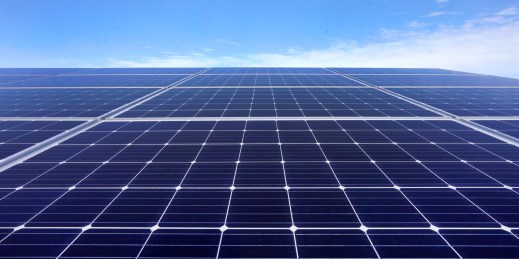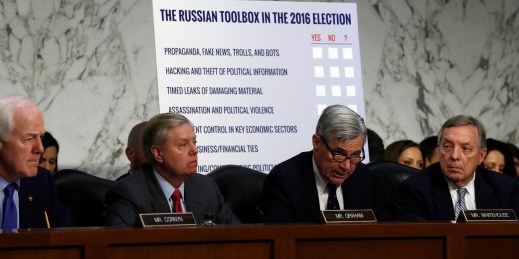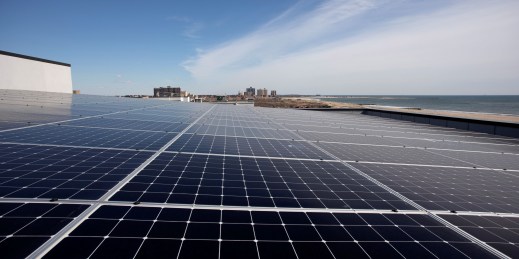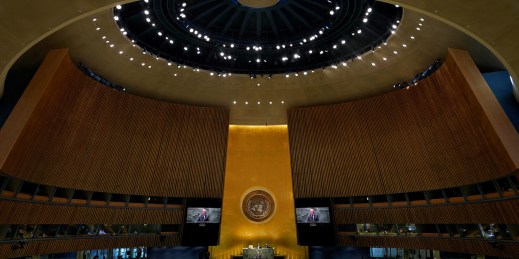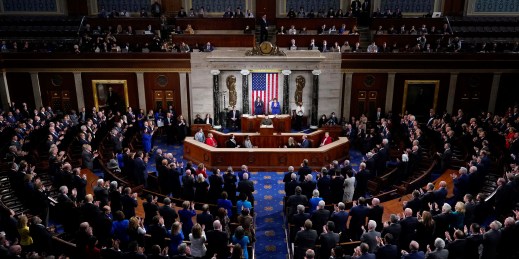
It’s hard not to see 2022 as a “year that changed everything.” The war in Ukraine and other developments certainly represented shocks to the international system. But rather than a year that has changed everything, I see a year that has made everything more possible, at times for the worse but also for the better.


